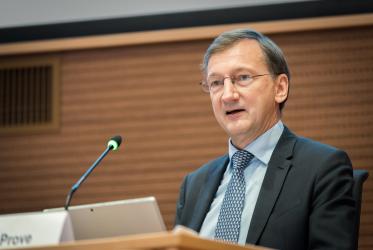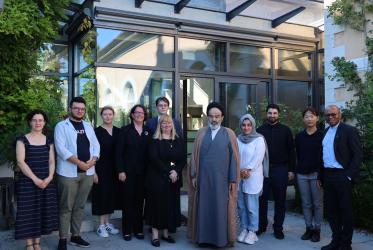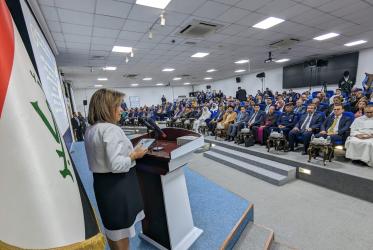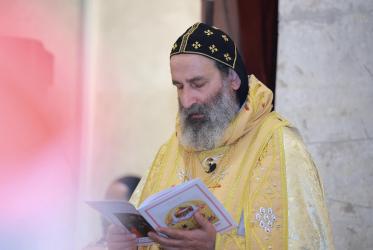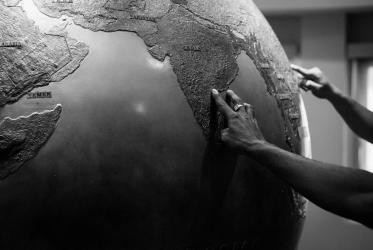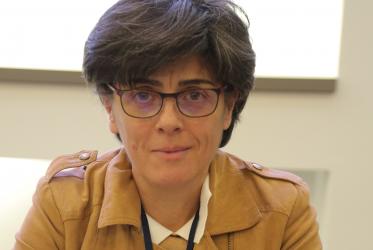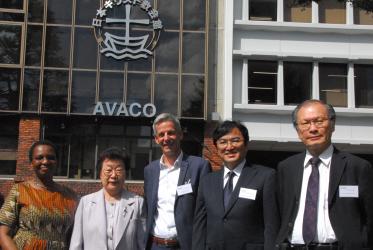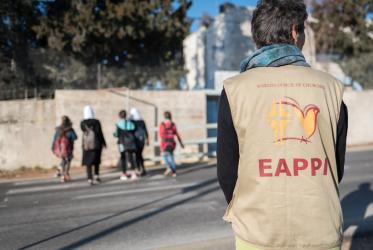Displaying 1 - 20 of 73
Hope prevails in times of crisis in Lebanon
14 September 2020
In Japan, theologians reflect on today’s global manifestations of racism
18 September 2019
Dr Saïd Ailabouni: God is on the side of rejected, oppressed, occupied
12 September 2019
A passionate Korean feminist and ecumenist
21 August 2019
Peacemakers at work in Sri Lanka
29 April 2019
Shabbat dinner ‘helps humanize two sides of the story’
27 March 2019
Peace is common denominator of all major religions
05 March 2019

